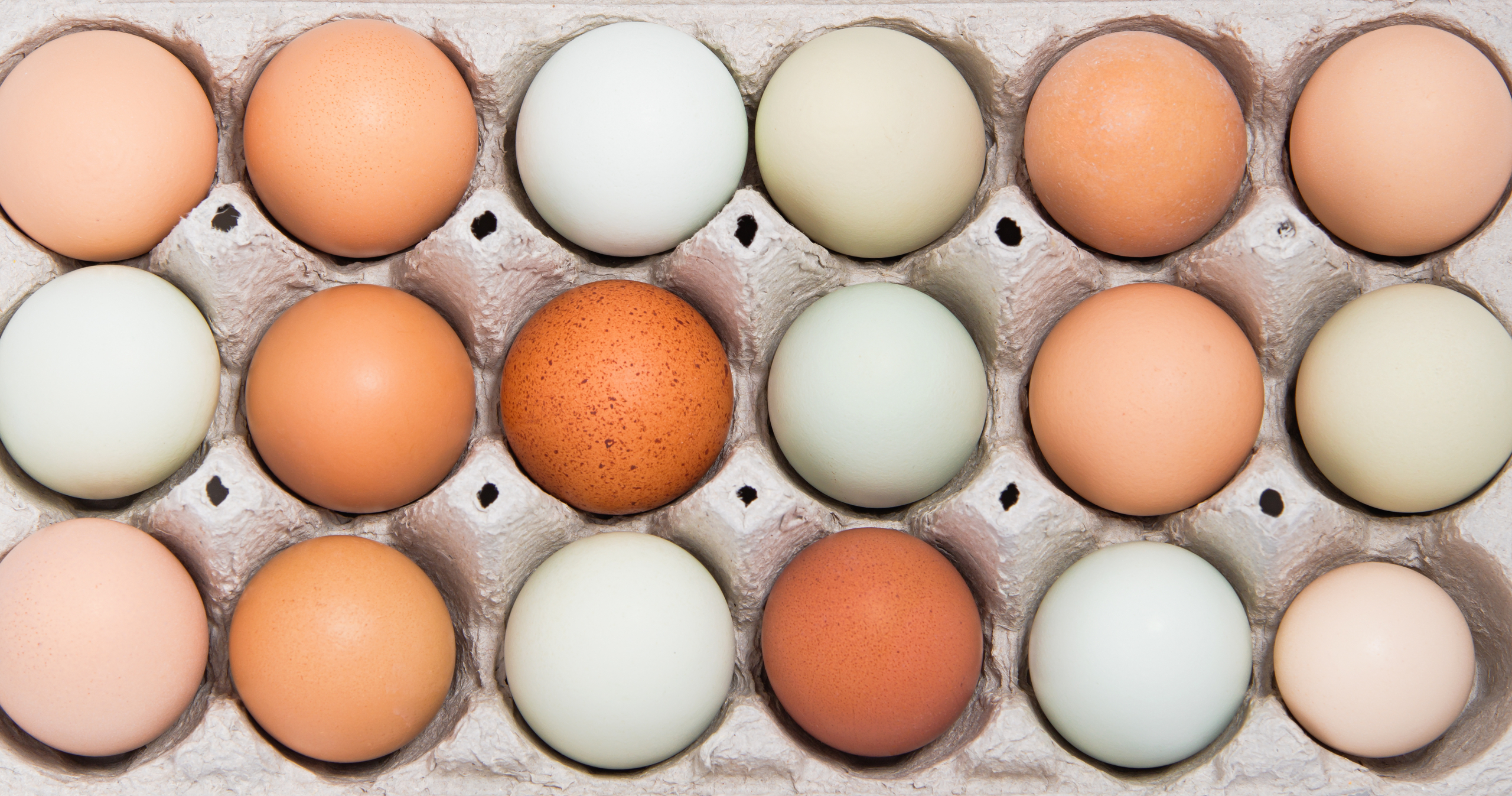NEW
EU seeks transition toward cageless systems in egg production
5 April 2022EU seeks transition toward cageless systems in egg production
- NEIKER is participating in the European Best Practice Hens project with the aim of establishing a catalogue of good practices that will facilitate the sustainable transition toward cageless rearing systems in the EU
- The project is funded by the European Commission and has nine participants from the Netherlands, Belgium, Denmark, Poland, Portugal and Spain
Europe is one of the world’s largest egg producers and one of the most advanced regions in establishing alternative cageless rearing systems for laying hens, such as aviaries with one or more levels or ecological and free-range systems, where the birds enjoy more space and have access to the outdoors. In this regard, it also has one of the most advanced legislations in terms of animal welfare, which is seen as a reference for many other countries.
Nevertheless, like in so many other aspects, Europe is progressing at two different speeds. While in northern countries such as Denmark, Sweden, Germany and Holland, all or most egg production has been using cageless systems for some time now, in southern European countries, such as Spain and Portugal, this transition is moving more slowly.
There is a significant pressure by different sectors of European society working in the field of animal welfare to make these changes happen more quickly and uniformly. This demand has resulted in the European citizen-driven initiative “End the Cage Age”, with the support of more than 170 NGOs and more than one million signatures from people who wish to eliminate all cage systems within European animal production.
Given the enormous challenges that this initiative entails for producers, in May last year a consortium of participants from various European countries launched the project Best Practice Hens, in which NEIKER is also collaborating, with the aim of drawing up a manual of good practices to facilitate the transition to this type of cageless systems within the European Union.
Thus, the guidelines that are established based on the researchers’ findings, on one hand, and the experience of poultry breeders in Europe, on the other, may be a practical support for egg producers as they undertake a sustainable transition toward these alternative systems, taking into account the particular conditions of each EU country and improving animal welfare.
Guidelines for a sustainable transition
In this regard, the NEIKER technology centre and ECOVALIA (Spanish professional ecological production association) are working on the project for Spain and Portugal. Specifically, during the first year of the project, the welfare group of NEIKER’s Department of Animal Production, in conjunction with ECOVALIA, has concentrated on compiling socioeconomic information on the situation of the sector on a national level in these two countries, to be able to adapt the good practices taking into account their particular conditions and the specific challenges faced.
In addition, as Inma Estévez explains, experts in animal welfare and IKERBASQUE researchers from this department are working on compiling tools to evaluate welfare, so “we have combined the general characteristics and indicators of the main European protocols for evaluating the welfare of laying hens in one database, with the aim of providing the end users with the choice of protocol or the most suitable indicators depending on their needs and specific circumstances”.
Thanks to the information compiled, during the second year of the project NEIKER will develop a practical tool that will allow poultry breeders to monitor the health and welfare parameters of the birds to enable the early detection of problems and ensure efficient production, which will be “especially helpful in this transition period”. All of this knowledge acquired will be shared with the sector through different diffusion activities on a national scale.
Next year, during the final stage of the project, the best practices identified will be shared with the sector, as will a package of straightforward tools designed to be able to efficiently evaluate the health and welfare of chickens in cageless systems. The application of this knowledge will enable the transition to cageless systems that has come about through the European citizen-driven initiative “End the Cage Age” with a greater likelihood of success.
“Best practice Hens” is a project funded by the European Commission lasting 2 years. It began in May 2021 and will end in May 2023. The Consortium consists of the Utrecht University, project leader, Wageningen University & Research and AviVet (Netherlands); the Flanders Research Institute for Agriculture, Fisheries and Food ILVO (Belgium), Aarhus University (Denmark), the Institute of Genetics and Animal Biotechnology of the Polish Academy of Sciences and Kipdip (Poland); and NEIKER and Ecovalia (Spain).



